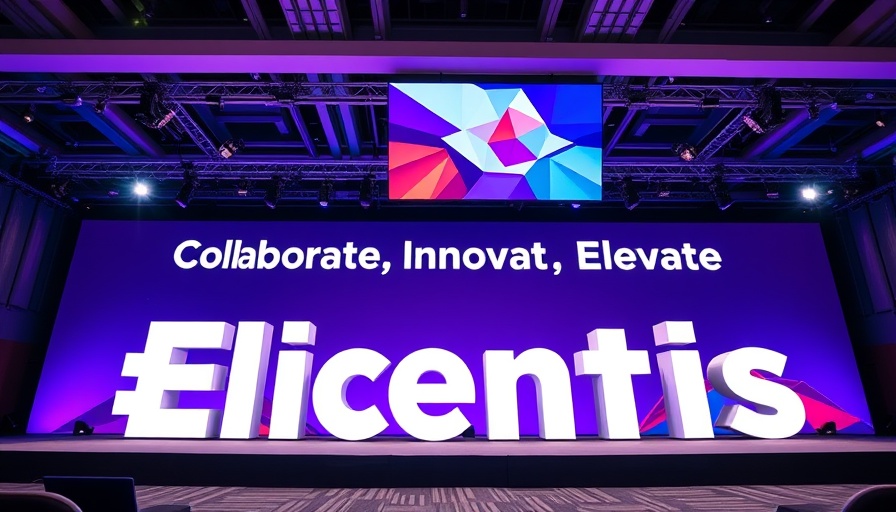
Understanding Quality Engineering in the Digital Age
In today’s fast-paced tech landscape, quality engineering is more than just a buzzword; it’s a pivotal strategy for successful digital transformation. Tricentis, a leader in automated software testing, recently held a partner event in India aimed at redefining quality engineering. This gathering brought together professionals, business owners, and marketers to explore the vast potential of innovative testing solutions that optimize performance for businesses both big and small.
The Shift Towards Automated Solutions
As companies ramp up their digital marketing strategies, there's an increasing need to implement efficient tools that ensure quality and reliability. Manual testing methods can no longer keep pace with the speed of software development. Automated solutions provide an edge, allowing teams to focus on creativity rather than repetitive tasks, thus improving overall productivity and innovation.
According to industry experts, leveraging automation leads to a 30% increase in testing efficiency, thereby reducing time-to-market for software products. This is crucial as businesses aim to stay ahead of competitors. This event showcased case studies that demonstrated how businesses have successfully integrated quality engineering into their workflows, exemplifying the real-world application of these strategies.
Insights from Industry Leaders
At the heart of the Tricentis event were discussions featuring prominent speakers from the tech and business sectors. These leaders provided invaluable insights into upcoming trends and the importance of ROI measurement in automated testing. A panel discussion particularly highlighted how data-driven marketing can be enhanced by implementing robust quality assurance processes.
“Quality engineering is the backbone of any digital transformation strategy,” one panelist stated. “It directly correlates with customer satisfaction and engagement, which are the cornerstones of business success.” This sentiment resonated throughout the event and underscored the need for integrated solutions that connect various marketing tools, from PPC advertising insights to social media analytics.
Future Trends in Quality Engineering
The future of quality engineering lies in its integration with other technologies. For instance, the rise of AI in digital marketing promises to revolutionize how companies approach quality assurance. AI tools can swiftly analyze large data sets to identify potential defects in software, bringing a more proactive approach to quality control.
Participants at the event expressed enthusiasm for potential collaborations that harness AI and automation, with predictive analytics being a key focus. This aligns with broader digital marketing trends where brands leverage customer data for personalized experiences, driving both engagement and conversion rates.
Why This Matters to Businesses
For business owners and marketers, understanding and adopting quality engineering practices is crucial for future-proofing their operations. By embracing automated and AI-driven solutions, companies can not only streamline their processes but also enhance their customer experience significantly. Moreover, with insights from this Tricentis event, it is clear that businesses that prioritize quality engineering will be better positioned to navigate the complexities of digital transformation in 2025 and beyond.
Take Action Today
As the digital landscape continues to evolve, it’s essential for businesses to stay informed about the latest trends and tools in quality engineering. Implementing automation and AI in your quality assurance processes can lead to significant improvements and redefine how your organization approaches digital marketing and customer engagement strategies.
Don’t get left behind—start evaluating your current practices and consider how you can incorporate innovative solutions from industry leaders like Tricentis. The journey of digital transformation is just beginning, and the right tools and technologies can make all the difference.
 Add Row
Add Row  Add
Add 




Write A Comment